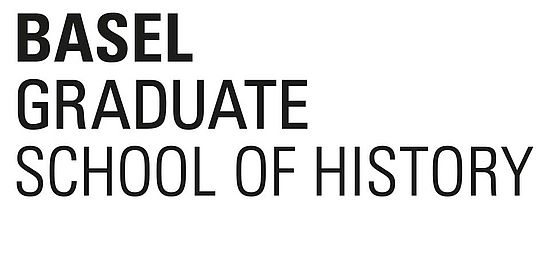
Clémentine Martinez-Perez“Poder en salud": Negotiating National and Global Perspectives in Argentina's Public Health Policies (1920s-1980s)
This PhD thesis investigates the interplay between international and national, public, and private actors in shaping the public health economy of Buenos Aires, Argentina, from the mid-1920s with the emergence of an international health discourse promoted by international organisations like the League of Nations or the International Labour Organization, to the 1980s and the debt crisis, accompanied by the advent of neoliberal reforms.
This research specifically examines the influence of private actors such as trade unions, philanthropic foundations, benefit societies, business lobbies and corporations, both international and domestic, on public health policies and practices in Buenos Aires. Their relationships with public entities (state actors but also international organisations) will thus be under scrutiny.
While much of the literature emphasize the role of public actors like international organisations and remains in the nation-state framework, this approach neglects to account for deeper underlying power dynamics. By focusing on the failures or successes of health programs and policies, such studies overlook the influence of private actors as well as broader macro-level processes, including migration, wars, and economic crises.
The central hypothesis proposes that Argentina's public health system evolved not solely through government initiatives but through processes of adaptation, negotiation, and resistance involving a mix of public and private, national and international players. These dynamics reveal intricate connections between global concepts and local realities.
